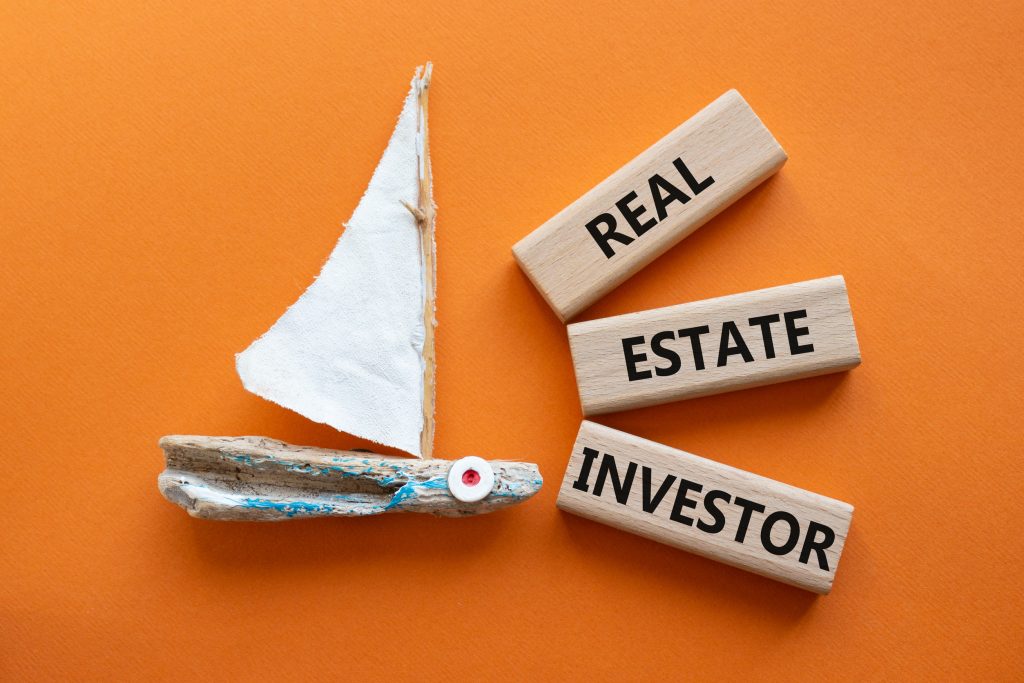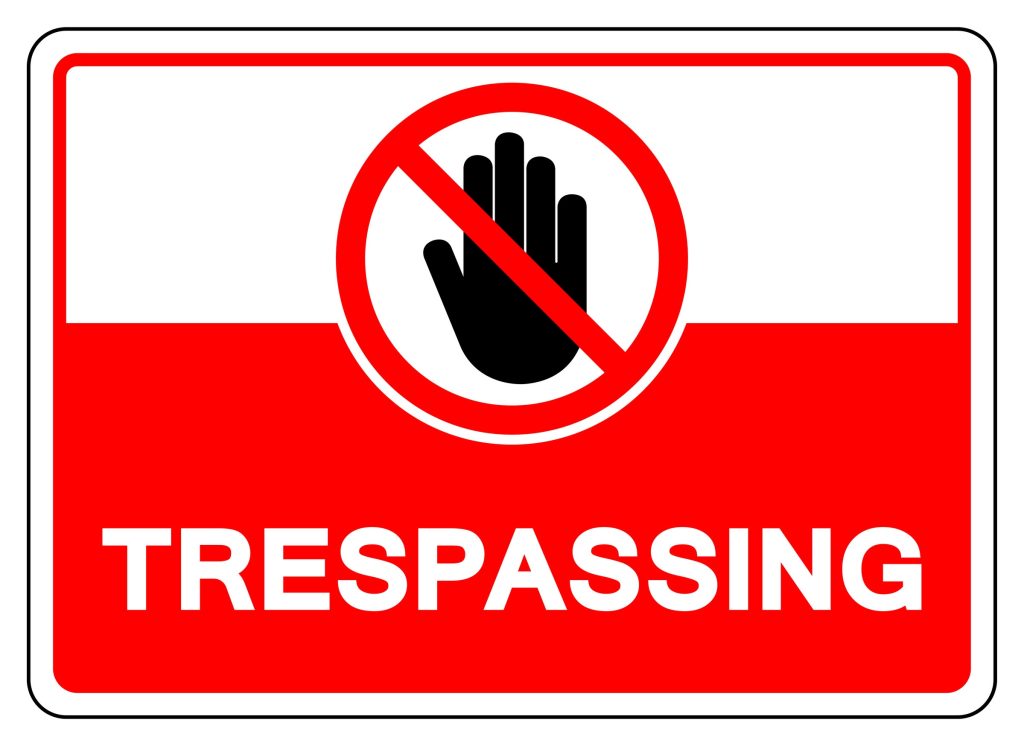
In the world of real estate investing, nothing is ever a “sure thing.” Over the years I’ve spent working as a hard money lender, I’ve learned a lot about managing risk. And one lesson stands out above the rest: always approach every investment with caution. For real estate investors in the DC area—especially first-timers—minimizing risk is essential to maximizing profitability.
I may not have a crystal ball to tell me which deals will succeed, but I do have firsthand experience in both fix-and-flip and buy-and-hold investments. Here are some key insights I’d like to share:
 New Funding Resources
New Funding Resources 









